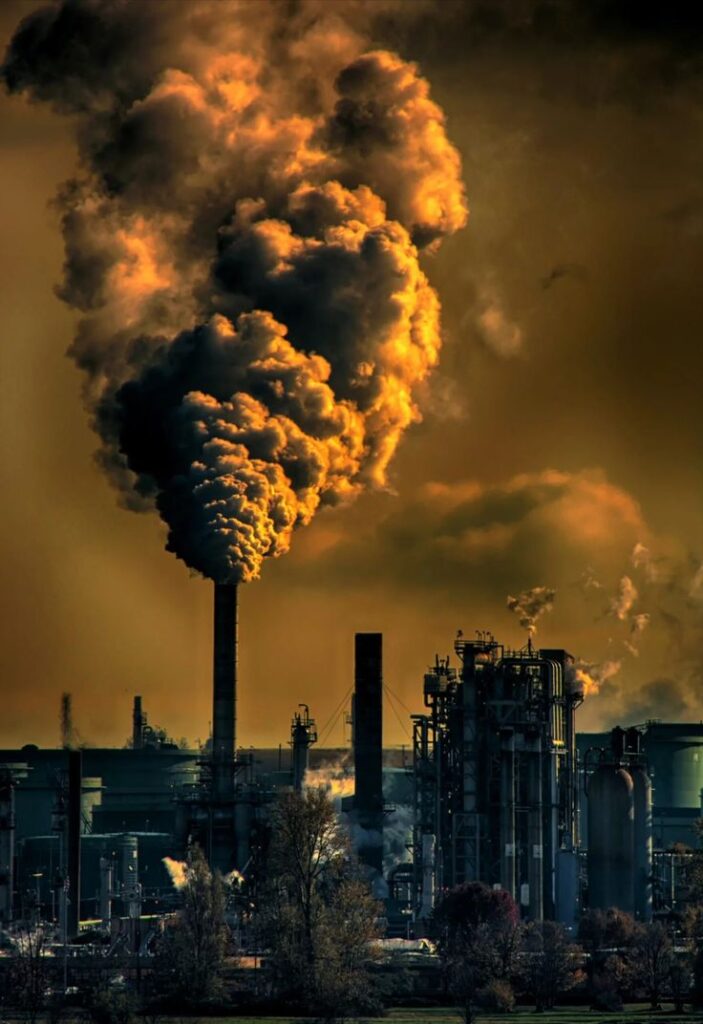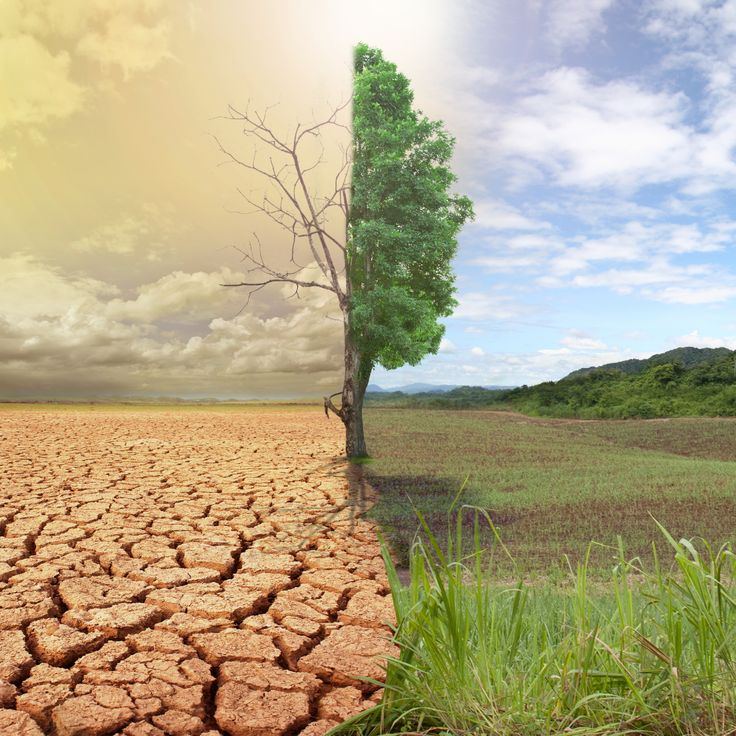The Climate Change Effects: A Worldwide Evaluation of Effects and Countermeasures
Concise Overview:
Regardless of one’s location, political leanings, or socioeconomic status, climate change poses an existential threat. Changing ecosystems, higher average temperatures, and more frequent and severe weather events are all clear signs that humans are altering the Earth’s climate and threatening the survival of all life on it. The effects of climate change are thoroughly examined in this extensive study, which touches on important topics including rising temperatures, shifting sea levels, dwindling biodiversity, and social ramifications. It also delves into adaptation and mitigation tactics, which are vital for building resilience and a sustainable future.
I. Increase in Temperature:
A major contributor to the rising trend in global temperatures is the human-caused buildup of greenhouse gasses. Without significant cuts to emissions, the IPCC projects that world temperatures might increase 1.5 degrees Celsius over pre-industrial levels by the middle of this century. The severity of heatwaves, changes in precipitation patterns, and ecological disturbances are all caused by this warming trend.
Changes in Sea Level:
Arctic ice caps & glaciers melt as a result of warming temperatures, which adds to the already substantial increase in sea levels. Coastal areas are at a higher risk of floods, erosion, including saltwater intrusion into sources of fresh water as a result of rising sea levels. Urgent adaptation measures are required for low-lying island countries and heavily populated coastal towns due to the impending dangers they confront.
Loss of Biodiversity (Part III):
Everywhere ecosystems and animals are being impacted by climate change, which is already a major problem. Plant and creature populations are declining due to factors such as altered precipitation and temperature patterns, destruction of habitat, and acidity of the ocean. Because of how interdependent all living things are, problems in one part of the world may affect other parts in ways that threaten human health, food supplies, and ecosystem services.
IV. Consequences for Society:
Vulnerable populations bear the brunt of climate change’s far-reaching socioeconomic effects. Storms, droughts, and floods are becoming more often and more destructive, endangering people’s ability to make a living, as well as their access to safe drinking water and food. International collaboration is required to tackle climate-related migration, which is a problem for global governance since it causes people to flee their homes.
Section V. Efforts to Reduce Risk:
The reduction of emissions, the adoption of renewable energy sources, and the implementation of sustainable ways of utilizing land are all necessary components of a comprehensive strategy to lessen the severity of climate change. It is critical to invest in environmentally friendly energy infrastructure, establish regulations to restrict deforestation, and transition to a low-carbon economy. Key elements of an all-encompassing mitigation plan include the promotion of technical advancements, carbon capture technology, and international accords for the reduction of emissions.

Part VI. Methods for Adjustment:
The current effects of climate change must be addressed via adaptation. Building climate-resilient infrastructure, implementing sustainable farming methods, and strengthening disaster response systems are all part of this. Improving climate literacy then community participation via research and education must be prioritized in order to establish adaptive capacity on scale.
In summary:
Governments, corporations, communities, and people throughout the globe must work together immediately to combat the effects of climate change. Achieving sustainability objectives requires integrating adaptation and mitigation techniques into policy frameworks, bolstered by international cooperation. We must work together to preserve the environment, defend at-risk populations, and guarantee a resilient and environmentally friendly future for future generations since our decisions now will determine our planet’s fate.
